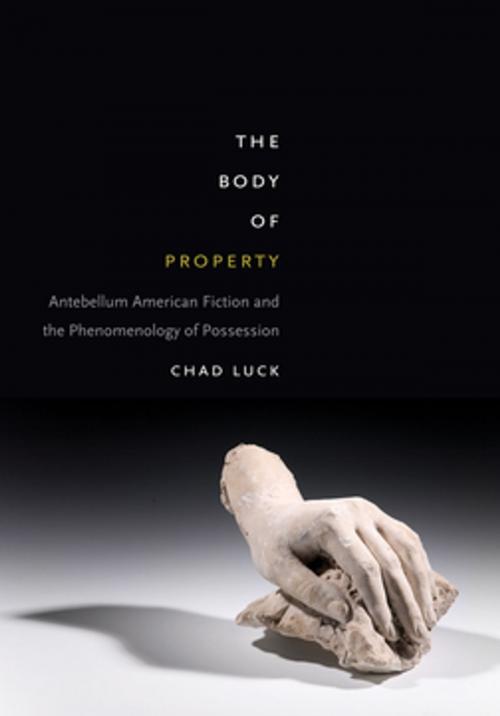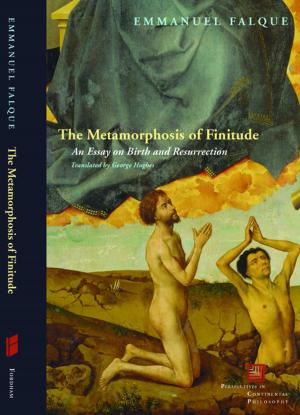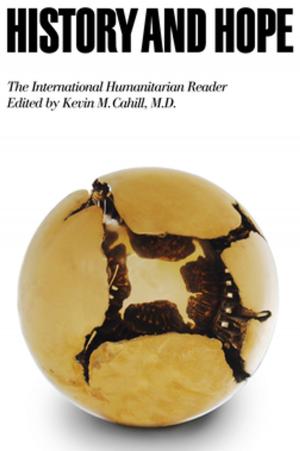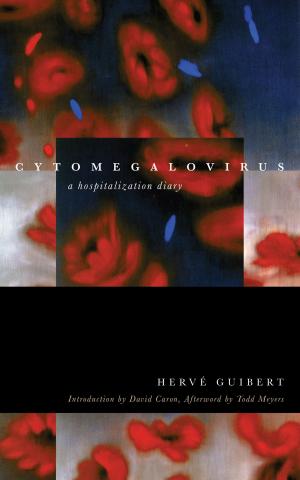The Body of Property
Antebellum American Fiction and the Phenomenology of Possession
Nonfiction, Religion & Spirituality, Philosophy, Phenomenology, Reference & Language, Law, Legal History, Fiction & Literature, Literary Theory & Criticism, American| Author: | Chad Luck | ISBN: | 9780823263011 |
| Publisher: | Fordham University Press | Publication: | September 15, 2014 |
| Imprint: | American Literatures Initiative | Language: | English |
| Author: | Chad Luck |
| ISBN: | 9780823263011 |
| Publisher: | Fordham University Press |
| Publication: | September 15, 2014 |
| Imprint: | American Literatures Initiative |
| Language: | English |
What does it mean to own something? How does a thing become mine? Liberal philosophy since John Locke has championed the salutary effects of private property but has avoided the more difficult questions of property’s ontology. Chad Luck argues that antebellum American literature is obsessed with precisely these questions.
Reading slave narratives, gothic romances, city-mystery novels, and a range of other property narratives, Luck unearths a wide-ranging literary effort to understand the nature of ownership, the phenomenology of possession. In these antebellum texts, ownership is not an abstract legal form but a lived relation, a dynamic of embodiment emerging within specific cultural spaces—a disputed frontier, a city agitated by class conflict.
Luck challenges accounts that map property practice along a trajectory of abstraction and “virtualization.” The book also reorients recent Americanist work in emotion and affect by detailing a broader phenomenology of ownership, one extending beyond emotion to such sensory experiences as touch, taste, and vision. This productive blend of phenomenology and history uncovers deep-seated anxieties—and enthusiasms—about property across antebellum culture.
What does it mean to own something? How does a thing become mine? Liberal philosophy since John Locke has championed the salutary effects of private property but has avoided the more difficult questions of property’s ontology. Chad Luck argues that antebellum American literature is obsessed with precisely these questions.
Reading slave narratives, gothic romances, city-mystery novels, and a range of other property narratives, Luck unearths a wide-ranging literary effort to understand the nature of ownership, the phenomenology of possession. In these antebellum texts, ownership is not an abstract legal form but a lived relation, a dynamic of embodiment emerging within specific cultural spaces—a disputed frontier, a city agitated by class conflict.
Luck challenges accounts that map property practice along a trajectory of abstraction and “virtualization.” The book also reorients recent Americanist work in emotion and affect by detailing a broader phenomenology of ownership, one extending beyond emotion to such sensory experiences as touch, taste, and vision. This productive blend of phenomenology and history uncovers deep-seated anxieties—and enthusiasms—about property across antebellum culture.















